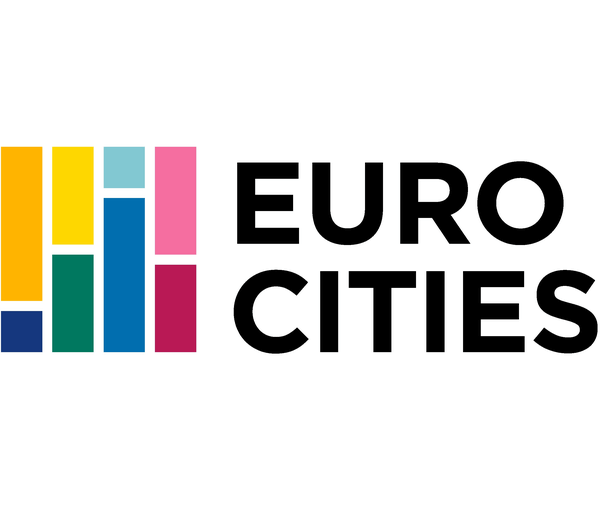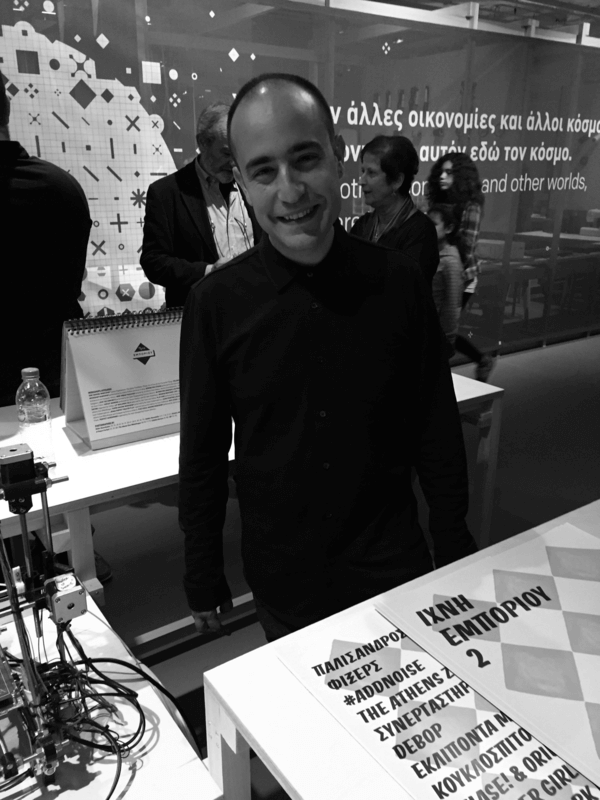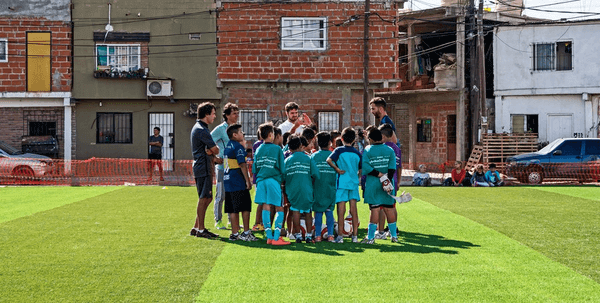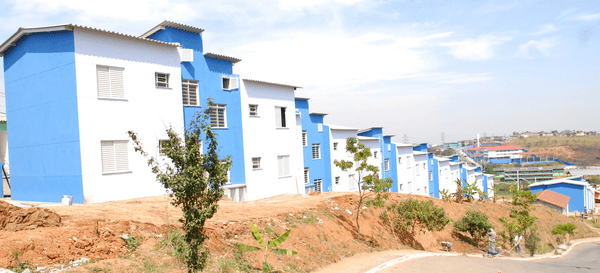City
Athens
Main actors
City Government, Private Sector, NGO / Philanthropy, Community / Citizen Group
Project area
Whole City/Administrative Region
Duration
Ongoing since 2013
Citizens, policy-makers and private sector representatives come together to build a collaborative, grassroots vision for change in Athens.
synAthina is an online platform to engage members of the community in problem-solving and reform. Citizens and groups can submit ideas such as volunteer activities and improvements for their city and are connected with relevant government representatives, non-governmental organizations, and private businesses to support their efforts. If outdated regulations are impeding the advancement of good ideas, the synAthina project team will work with partners at City Hall to update those regulations, policies, or procedures.
In 2014, the City was awarded US$1.2million through the Bloomberg Philanthropies Mayors Challenge for the development of synAthina. synAthina seeks to demonstrate a way of government working more effectively with the community, supporting community activity as part of an agenda for change and connecting government to what is important to citizens.
Originally published by EUROCITIES, the network of 130 European cities - PDF: http://nws.eurocities.eu/MediaShell/media/2016%20Awards_Cities%20in%20action_Athens.pdf
Eurocities Awards
This project was awarded the 'Eurocities Awards' in 2016 in the following category: Innovation.
Bloomberg Philanthropies’ Mayors Challenge
This project was awarded the 'Bloomberg Philanthropies’ Mayors Challenge' in 2014.
On Map
The Map will be displayed after accepting cookie policy






